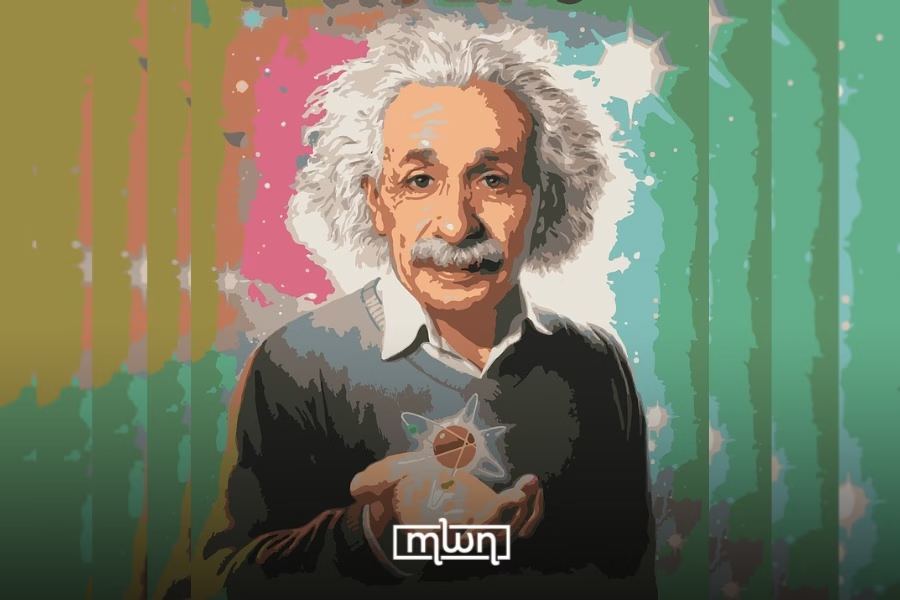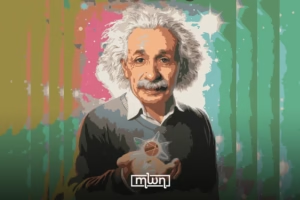A hidden chapter of Einstein’s life is finally coming to light, straight from his final love.
Fez– For the first time ever, a rare and deeply personal side of Albert Einstein is being revealed to the public.
A new book, set to be published this September, will unveil unpublished memoirs from the legendary physicist; memoirs that have been quietly sitting in an archive for nearly two decades.
Titled “I’m a Magnet for All the Madmen: The Einstein Protocols – His Life, Final Love, and Legacy,” the book promises to offer more than just scientific musings.
It’s a glimpse into Einstein’s private world, shaped by exile, aging, and the quiet intimacy of late-night conversations with a woman named Johanna Fantova, his last romantic companion.
These memoirs are not written in Einstein’s hand, but in his voice. Between 1953 and 1955, Einstein and Fantova shared a series of candid phone calls.
With his permission, she recorded and transcribed these conversations using shorthand. The result? 62 pages of raw, thoughtful, and often surprising reflections from one of the greatest minds of the 20th century.
And for nearly 50 years, no one knew they existed.
In a stroke of archival luck, the original notes were rediscovered in 2004 at Firestone Library, Princeton University, where Fantova, once a librarian, and Einstein’s close confidante, had worked.
Since then, the manuscript remained untouched, quietly waiting for someone to piece it together.
Now, German publisher Heyne has taken on the project, compiling the transcriptions with additional commentary and contextual notes by journalist Peter von Becker.
The result is a vivid final portrait of Einstein, not as a scientific icon, but as a man reckoning with the world’s chaos, his own mortality, and the complexities of love.
The memoirs dive into everything from global politics to his views on the arms race and Germany’s rearmament.
He even comments, cautiously yet insightfully, on the tensions between Israelis and Palestinians, reflecting his lifelong ambivalence toward nationalism and his identity as a Jewish intellectual in exile.
But it’s not all politics and physics. These pages also carry Einstein’s musings on everyday life and late-in-life affection.
It’s a side of him rarely seen: tender, informal, and unfiltered. He might have been the father of relativity, but here he sounds very human, often weary, sometimes humorous, and always deeply aware of the strange times he was living in.
This book may not revolutionize physics, but it will certainly reshape how we understand Einstein the person.
It offers an unexpected finale to a life already rich with paradoxes, a brilliant mind driven by logic, and a restless heart shaped by exile, loss, and connection.
Einstein once said, “I live in that solitude which is painful in youth, but delicious in the years of maturity.” These pages are proof.
Read also: Actor-Singer Cha Eun Woo Flaunts New Army Hairstyle as Military Countdown Commences
















